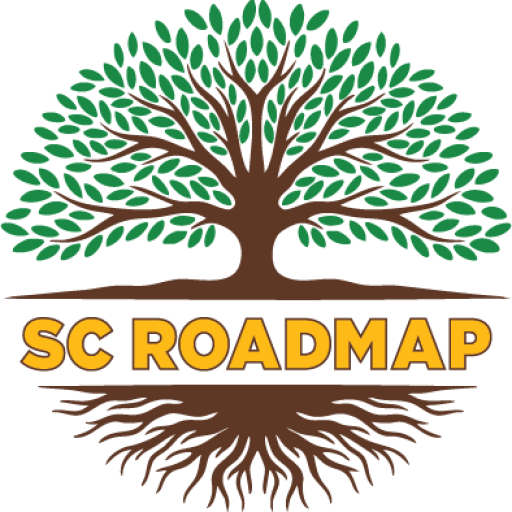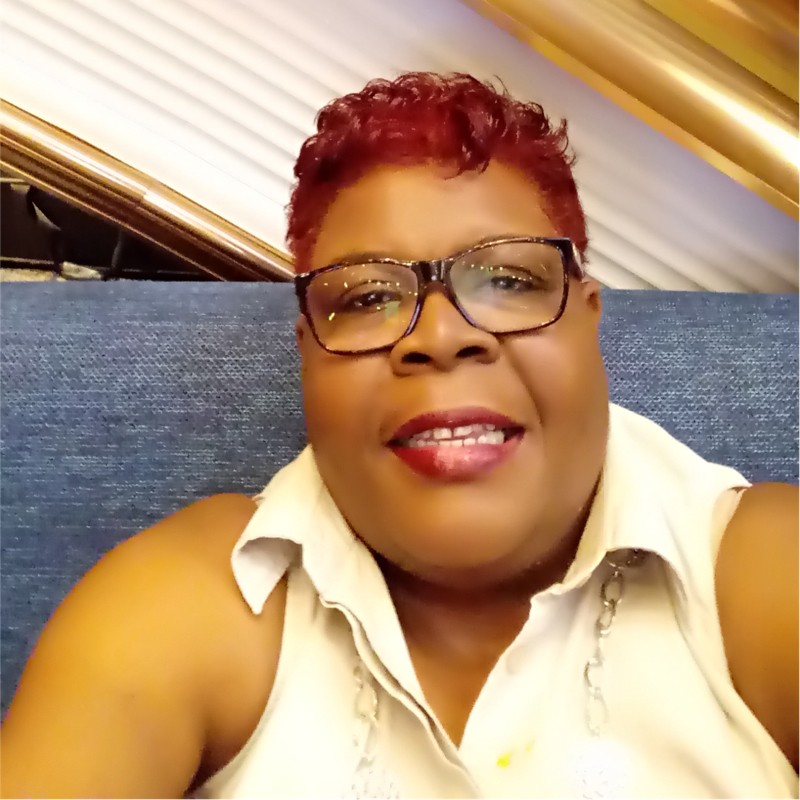For the last ten years, Brenda Anderson has been a community health worker at Self Regional Healthcare in Greenwood, but she has not forgotten what it was like to be facing an uncertain future. “I had been laid off from the plant I was working at. I was unemployed and without insurance,” she explains. “I was just like my clients. I was using the ER as my primary care provider. I am a diabetic and I was thinning out my medication to make it last.” This lived experience gives Anderson a deep well of understanding to pull from as she helps her clients.
A single mother, Anderson went back to school, graduating from Piedmont Tech in Greenwood with an Associate Degree in Human Service Applied Science. She then applied for a brand-new position at Self Regional—community health worker. She quickly realized it was the perfect job for her. “It became a big thing to me to help them,” she says.
As a community health worker, Anderson comes by her clients through a variety of ways. Doctors will refer patients into the system, but word of mouth also send people her way. “I get calls from people, just because I am known in the community,” she says. All of her clients are without insurance, aged between 19 and 64, and face navigating a daunting world.
Self Regional has four community health workers and gives them a good deal of leeway in how to best help their clients. “The hospital stands behind us,” Anderson says. There are also a multitude of continuing education opportunities at Self Regional. The community health workers attend conferences and are in the business of learning about what is out there that can benefit their clients. Despite the challenges patients face today, Anderson can see progress over the last ten years, saying, “There are a lot more resources today than when I first started. I can do a lot more for my clients now than I could then.” Anderson provides a crucial access point to those resources to those who need them.
The people depending on Anderson span the entire Lakeland Region, which is comprised of Greenwood, Abbeville, Edgefield, Laurens, McCormick, Newberry and Saluda counties. Her day consists of attending doctor visits throughout the counties, often two or three per day, and a myriad of phone calls. There are innumerable problems to solve as a community health worker.
Anderson helps her clients make their way through the system and serves as a general safe place of support. “I sit with them at their doctor appointments. I serve as their advocate, ensure they understand their plan of care and see what else they need. I explain that we will take care of their primary care bill and help them stay on track. Some of my clients, they don’t need so much guidance and they’re off and running. Others, they don’t have anyone there for them. No family to help them through. Others cannot read or write. Some I help with things like applying for jobs or housing. I am a big believer that your social struggles turn into your health struggles.”
When asked about the difficulty of navigating through so many systems—not only health care, but also unemployment, housing assistance, SNAP, and so many others—Anderson is succinct: “It’s dehumanizing,” she says. “And what happens is, these people give up. They get told ‘no’ enough times, they get frustrated, and they just stop trying.” A big part of Anderson’s job is to hold them by the hand and get them trying again. “Even when a client gets insurance and moves on, I make sure they know they can always call me if they need me. The door stays open.”
It is clear from the compassion and empathy in Anderson’s voice just how seriously she takes her role. “It is very satisfying work,” she says. “I work with a lot of grateful people. People who say, ‘Thank you, I couldn’t have done this without you.’ Every day I wake up and think, ‘I’ve got people depending on me.’” Luckily for her clients at Self Regional, Anderson is committed to helping her clients with not only their health struggles, but their social struggles as well.

